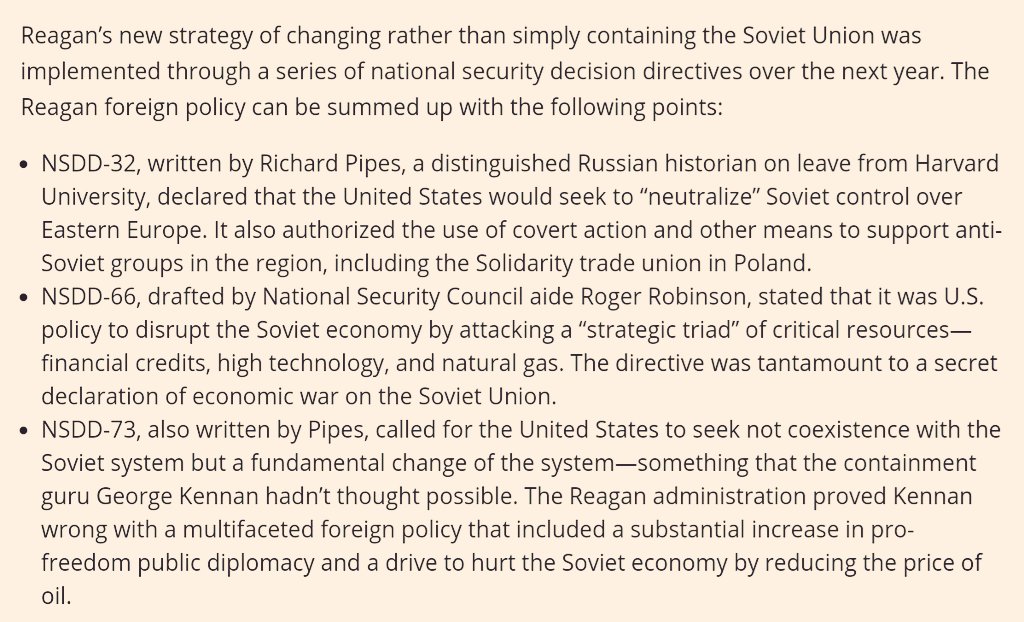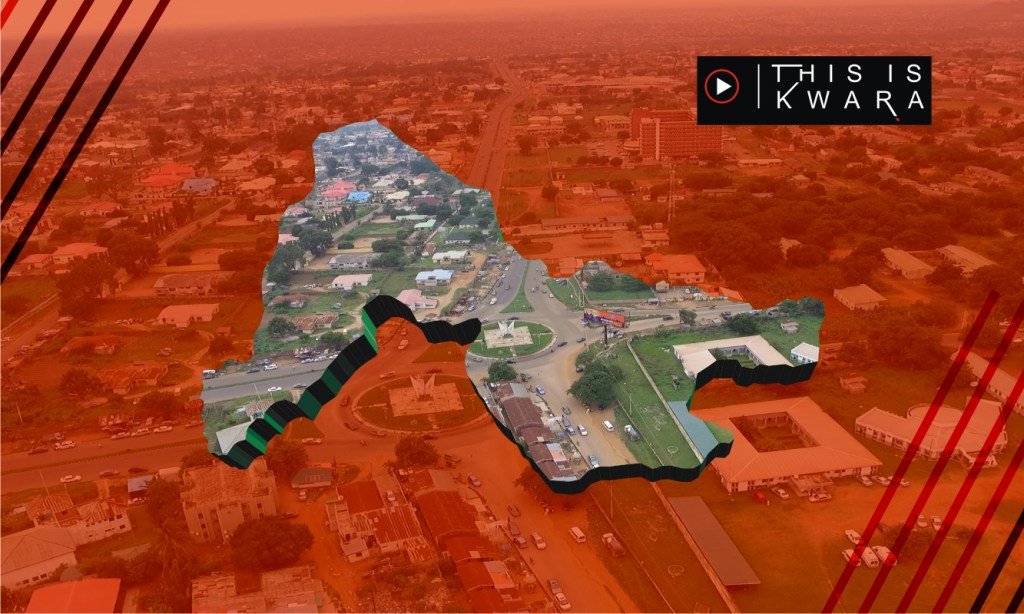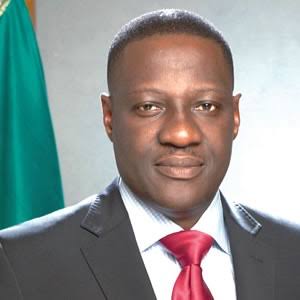A BRIEF THREAD!
In 2013 Goodluck Jonathan’s proposed N426.53 billion for the Education sector in the 2013 budget.
There is hardly any nation that is striving for accelerated development, without hugely investing in education.
A state's budget for education shows the extent to which the Government values education.
This is what people fail to see.
Under Muhammadu Buhari, it dropped to N367.73 bn (6.01 percent) in 2016 and N448.01bn (approximately 6 percent) in 2017.
- @GEJonathan
- @GEJonathan
-
capacity of institutions, and becomes a catalyst for the closely interrelated
economic, social, cultural, and demographic changes that become defined as
national development.
attitudes and skills necessary for a variety of workplaces. Education also
contributes to economic growth by improving health and reducing fertility, and
– possibly – by contributing to political stability.








